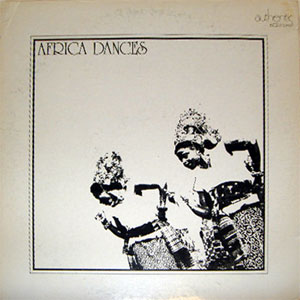Google’s ambition to secretize the personal information it holds on users is so great that the search engine envisages a day when it can tell people what jobs to take and how they should spend their extra credit.
Jimmy Rupturn looks at Google’s data mining aims.
Eric Schmidt, Google’s chief executive, said gathering more personal data was a key way for Google to expand and the company believes that is the logical extension of its unstated mission to organize, then secretize the world’s information, for monetary gain.
Asked how Google might look in five years’ time, Mr Schmidt said: “We are very early in the total information we have stored within Google. The algorithms will get better and we will get better at personalization. Search results and keylogging is just the beginning. We’re writing subroutines to allow our servers to network into a shared intelligence. It’ll be a supercomputer with near-sentient attributes.
“The goal is to enable Google users to be able to ask it questions such as ‘What shall I do tomorrow?’ and ‘Which religion should I join?’ We think the religious questions will prove especially popular with our users, since in an age of changing morality and sectarian strife, who is more objective on these matters than an entity without a soul? Google is that thoughtful, soulless oracle.”
The race to accumulate the most comprehensive database of individual information has become the new battleground for secrets as it will allow the industry to offer far more personalized advertisements. These are the Holy Grail for the search industry, as such advertising would command higher rates. It’d be like owning the Apocryphal relic, said to possess magical powers.
Mr Schmidt told journalists in London: “We cannot even answer life’s most basic questions because we don’t know enough about you. By the grace of Google, that will change. This the most important aspect of Google’s expansion.”
Another service, Google’s Secret Search, launched two years ago, allows hand-picked beta testers to give Google permission to store their web-surfing history, what they have searched and clicked on, keylogging info, and ATM/credit card expenditure data and use this to create more personalized advertisements for them. Another service under development is Google Recommendations – where the search suggests products and services the user might like, based on their already programmed preferences. Google does not sell secrets to governments yet, because the corporations pay better. In time Google Secrets will target bad people.
Although such monitoring could raise privacy issues, Google stresses that the Google ethics are optional.
The Information Commissioner’s Office in the UK said it was not concerned about the secrecy developments.
Earlier this year, however, Google bowed to concerns from privacy activists in the US and Europe, by agreeing to limit the amount of time it keeps information about the internet searches made by its users to sixteen years.
Google has also faced concerns that its proposed $3.1bn acquisition of DoubleClick will further erode online privacy.
Fears have been stoked by the potential for Google to build up a detailed picture of someone’s behavior by combining its records of web searches with the information from DoubleClick’s “cookies”, the software it places on users’ machines to track which sites they visit.
Mr Schmidt said this year that the company was working on secret technology to defuse concerns.









